Program
The programme mixes invited keynotes, paper presentations, and activities
Note MO2RE is partnering with with the 2nd workshop on Requirements engineering for AI-powered SoftwarE
Session 1: Welcome and Introduction MO2RE RAISE 9:00–9:30
Session 2: Engineering and Operationalising Requirements for AI MO2RE RAISE 9:30–10:30
- Real-World Traceability Patterns for Generative AI Systems: With Insights from the ABC Dataset by Katherine R. Dearstyne, Alberto Daniel Rodriguez and Jane Cleland-Huang (20 min) RAISE
- The Role of Requirements Engineering in AI Oriented Software by Julio Leite (20 min) Research Paper MO2RE
- Empowering AI-Powered Industrial Design Software: Introducing Constraint Satisfaction Problem for Requirement Alignment by Haoyu Zheng, Lance Zhao, Zhe Li and Yichi Zhang (20 min) RAISE
Session 5: AI-Supported Requirements Engineering MO2RE RAISE 14:00–15:30
- Using Distinct LLMs to Generate an Initial Software Functional Requirements List in Multiple Interactions by Hayala Curto, Laura Semini and Humberto Torres (20 min) RAISE
- An Exploratory Study on Requirements Reuse: Comparing Manual and ChatGPT-Based Approaches by Rhenara Alves, Rainara M. Carvalho, Julian Cardoso, Juliana Lopes Gurgel, Ismayle S. Santos and Rossana M. C. Andrade (20 min) Research Paper MO2RE
- ComplOps: A Framework for Continuous Compliance Management in Software Development by Rosivania Batista, Afonso Fereira and Alfredo Goldman (20 min) Research Paper MO2RE
- Automatic identification of domain expressions to build a LEL glossary from Spanish texts by Gabriela Perez, Catalina Mostaccio, Giuliana Maltempo, Joaquin Bogado and Leandro Antonelli (15 min) Extended Abstract MO2RE
- Reflection (15 min) MO2RE
Coffee break 15:30–16:00
Session 6: Open Science in Requirements Engineering in the AI era MO2RE 16:00–17:25
- Keynote by Ben Hermann MO2RE
- Reflection by Daniel Mendez MO2RE
- Activity MO2RE
Closing 17:25–17:30
Organizing Committee
For questions about the workshop, reach us via e-mail
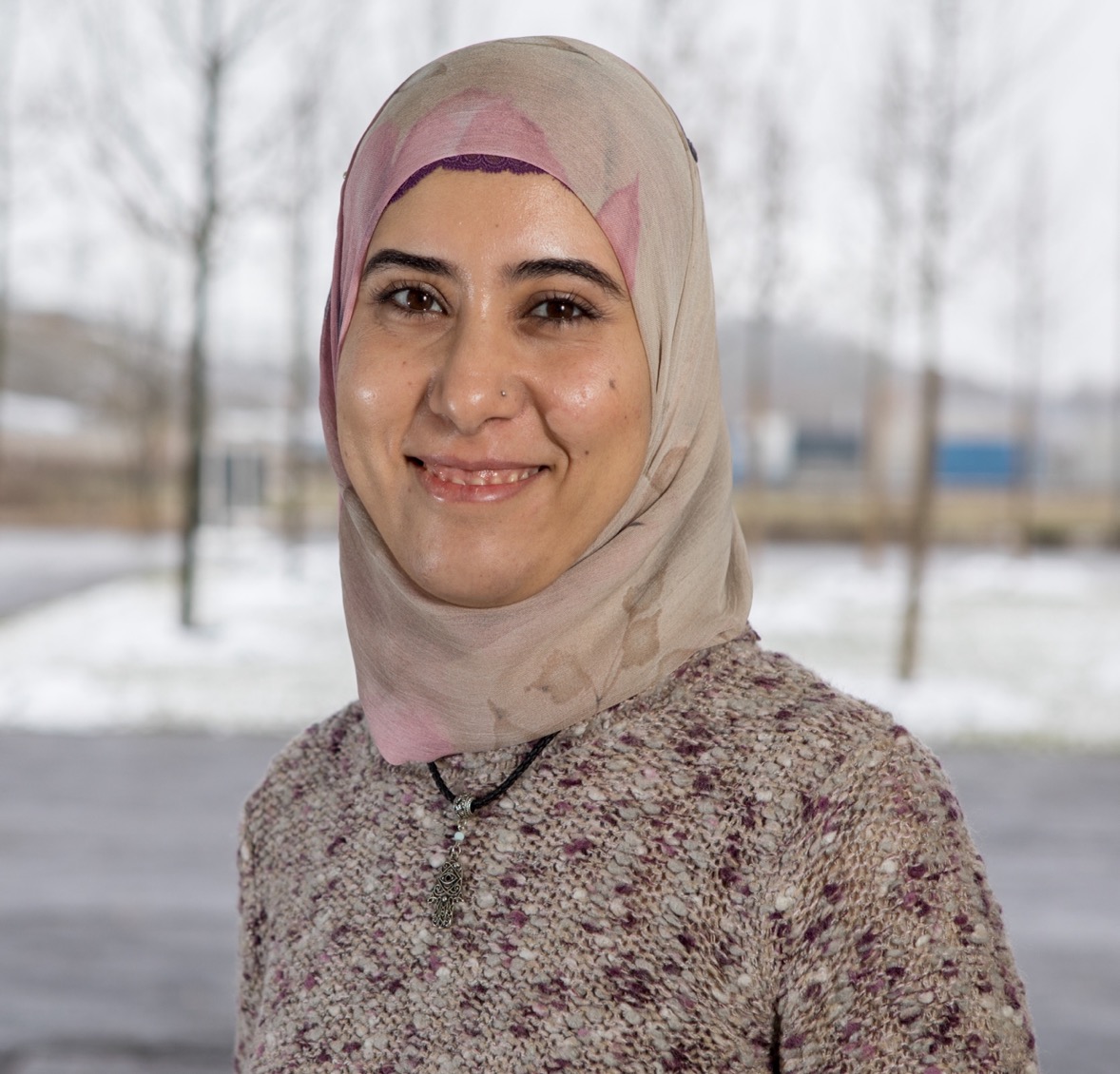
Sallam Abualhaija
University of Luxembourg
(Luxembourg)
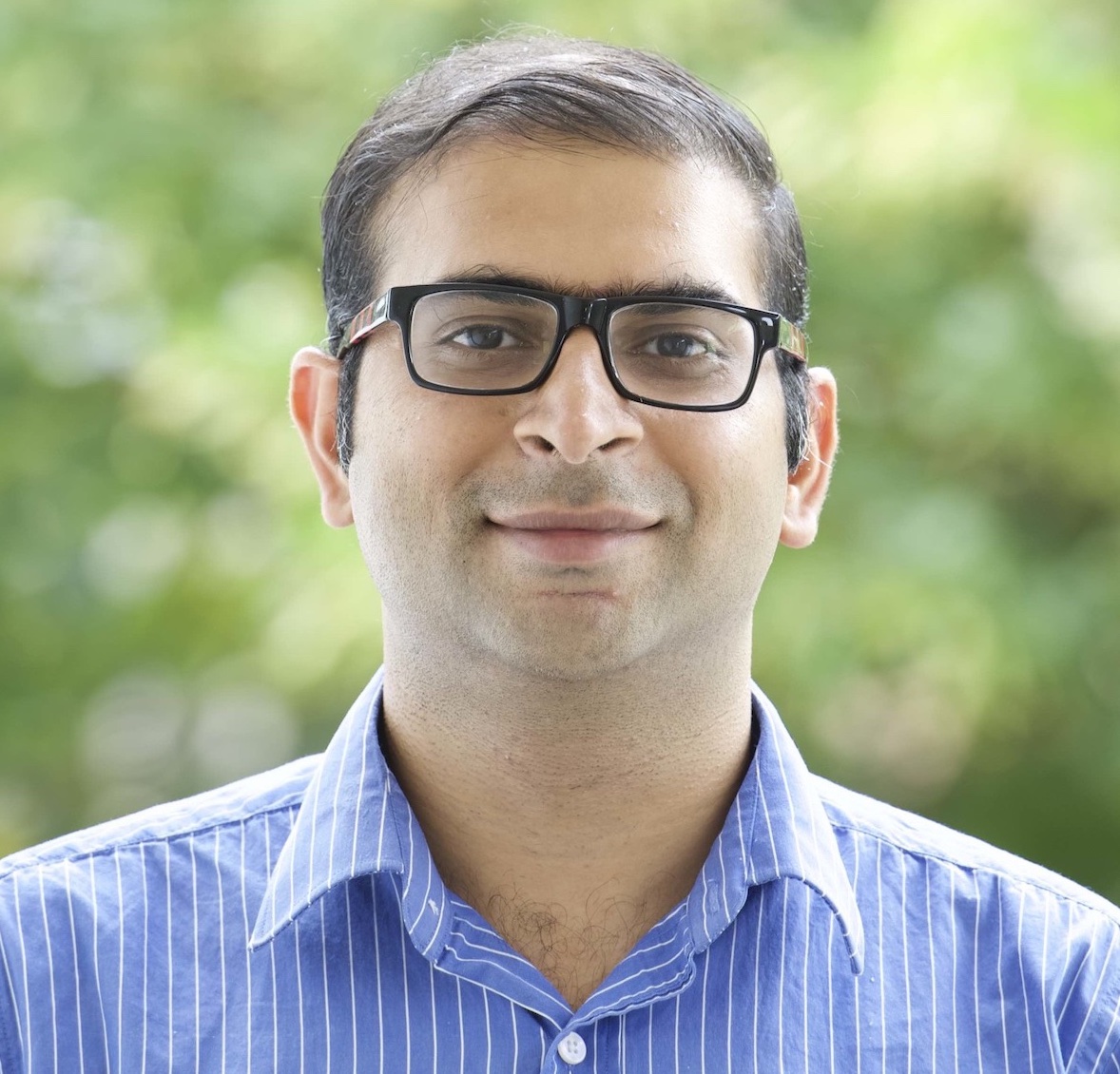
Chetan Arora
Monash University
(Australia)
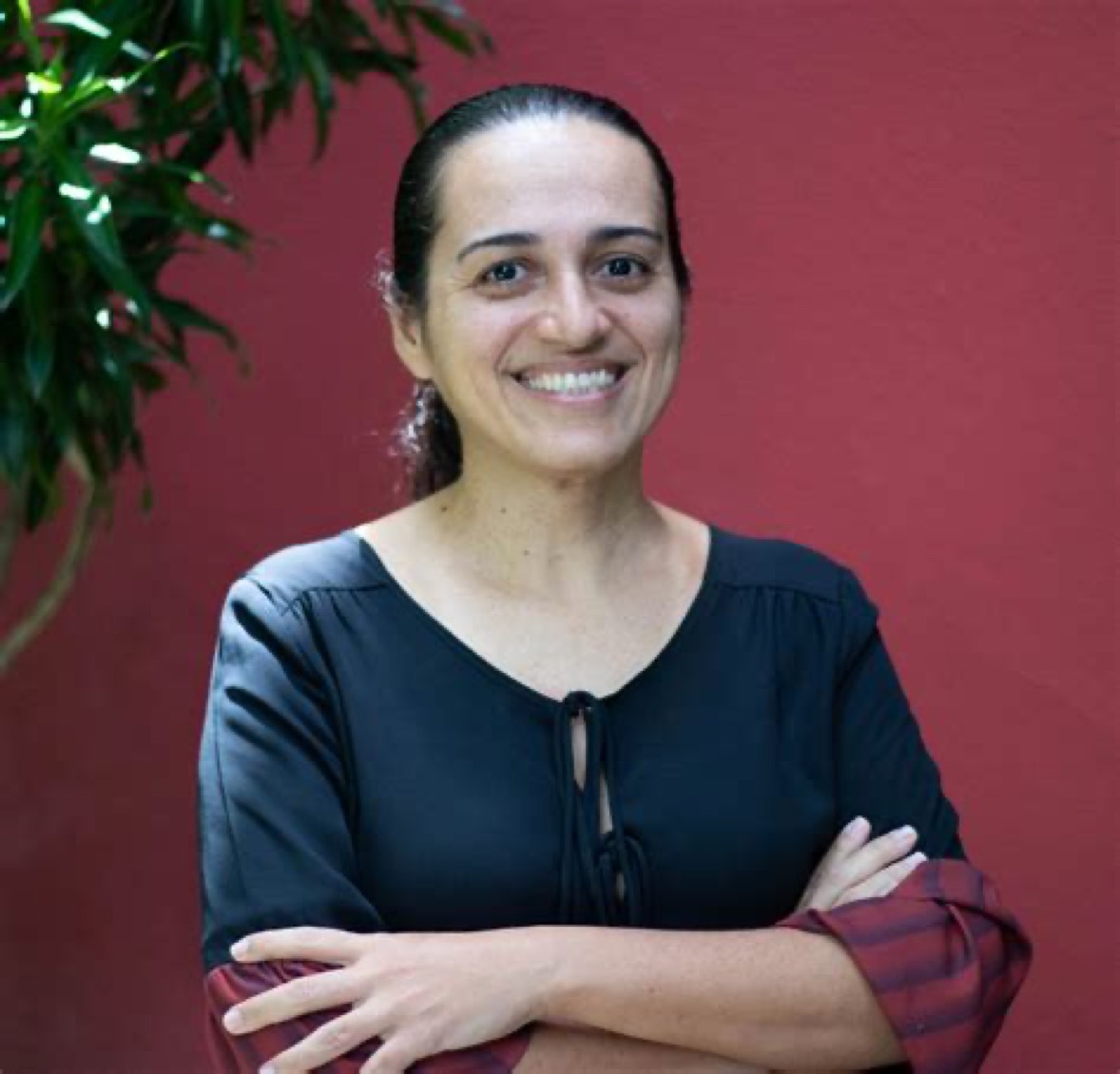
Carla Silva
University of Pernambuco
(Brasil)
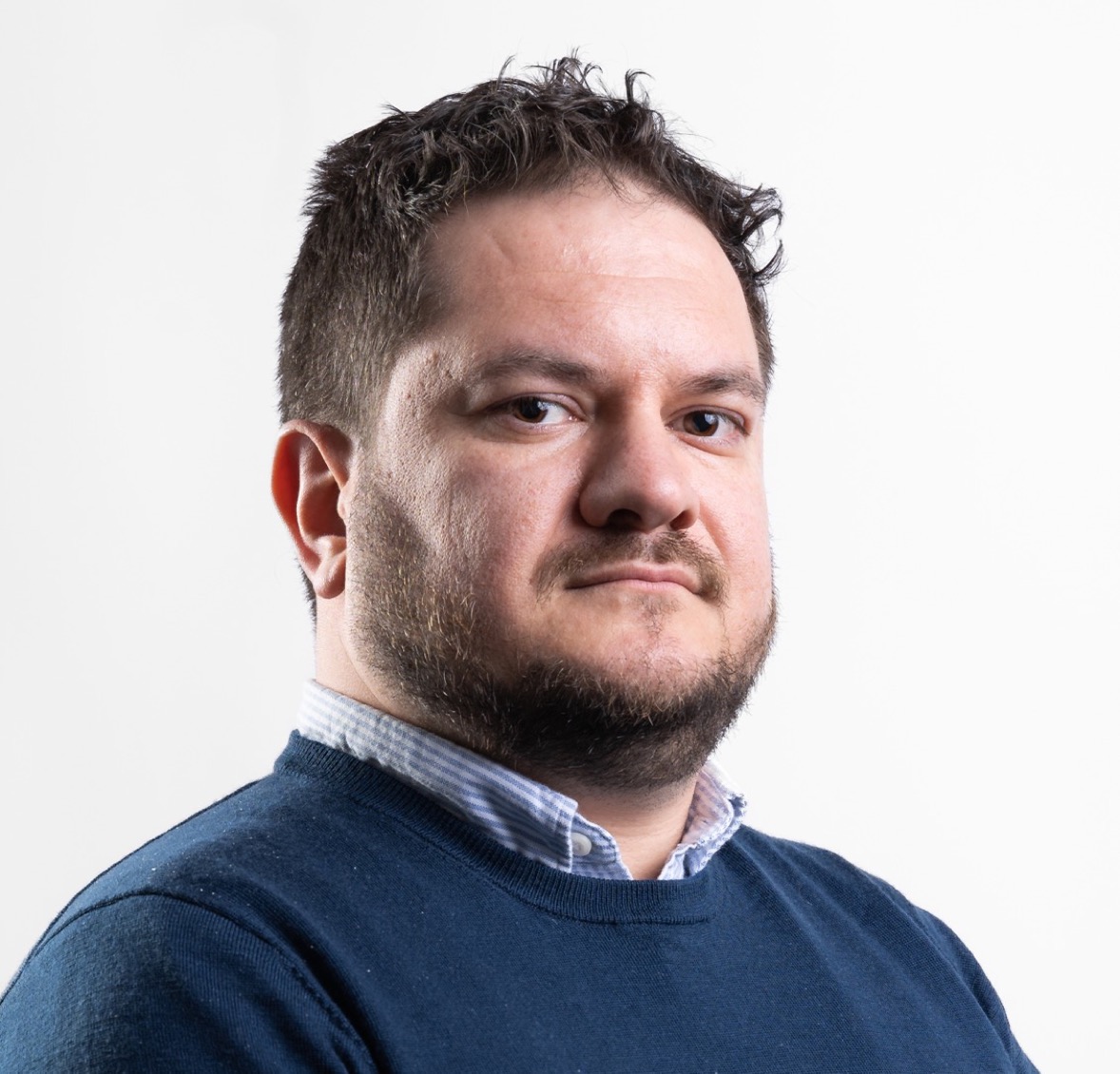
Davide Fucci
BTH
(Sweden)
Program Committee
- Muhammad Abbas, RISE Research Institutes of Sweden (Sweden)
- Preethu Rose, TCS (India)
- João Araújo, Universidade NOVA de Lisboa (Portugal)
- Fatma Başak Aydemir, Utrecht University (Netherlands)
- Daniel Berry, University of Waterloo (Canada)
- Roxana Portugal, Ludwig Maximilians University (Germany)
- Jaelson Castro, Universidade Federal de Pernambuco (Brasil)
- Julian Frattini, University of Gothenburg and Chalmers University of Technology (Sweden)
- Graciela Dora Susana Hadad, Universidad Nacional del Oeste & Universidad de Belgrano (Argentina)
- Anne Hess, Technical University of Applied Sciences Würzburg-Schweinfurt (Germany)
- Jennifer Horkoff, University of Gothenburg and Chalmers University of Technology (Sweden)
- Frank Houdek, Mercedes Benz (Germany)
- Sylwia Kopczynska, Poznan University of Technology (Poland)
- Soo Ling Lim, University College London (United Kingdom)
- Oliver Kerras, Leibniz Information Centre for Science and Technology (Germany)
- Gunter Mussbacher, McGill University (Canada)
- Nan Niu, University of Cincinnati (United States)
- Elda Paja, IT University of Copenhagen (Denmark)
- Anamaria-Roberta Hartl, Johannes Kepler University Linz (Austria)
- Nicolas Sannier, SNT - University of Luxembourg (Luxembourg)
- Nyyti Saarimäki, University of Luxembourg (Luxembourg)
- Kurt Schneider, Leibniz Universität Hannover (Germany)
- Andreas Vogelsang, University of Cologne (Germany)
- Tao Yue, Beihang University (China)
- Maria Spichkova, RMIT University (Australia)
- Leandro Antonelli, Universidad Nacional de la Plata (Argentina)
- Julio Cesar Leite, Universidade Federal de Bahia (Brasil)
Steering Committee
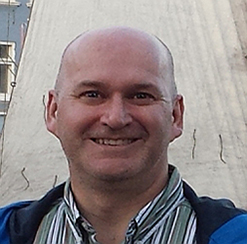
Daniel Amyot
University of Ottawa
(Canada)
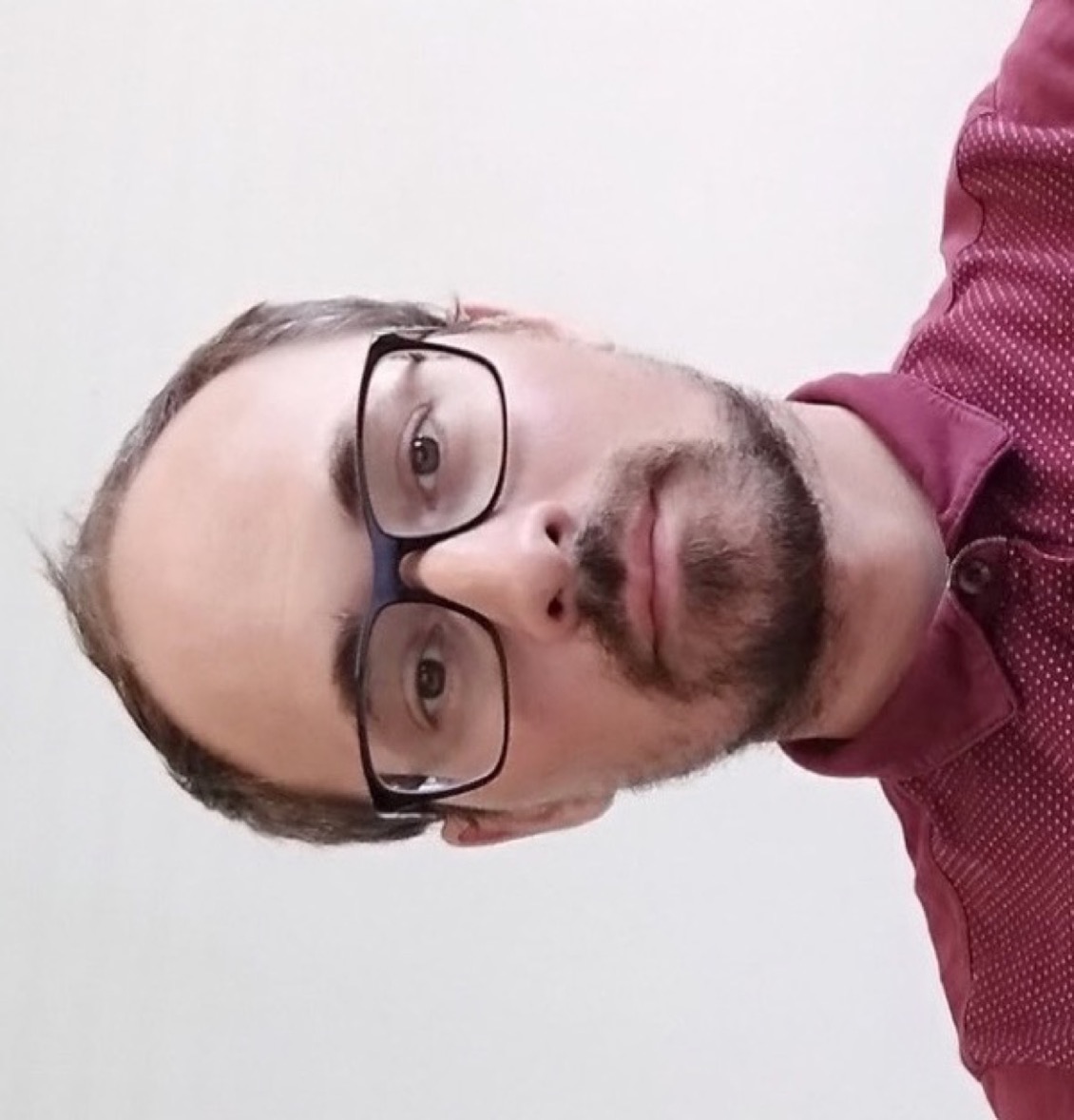
Alessio Ferrari
University College Dublin
(Ireland)
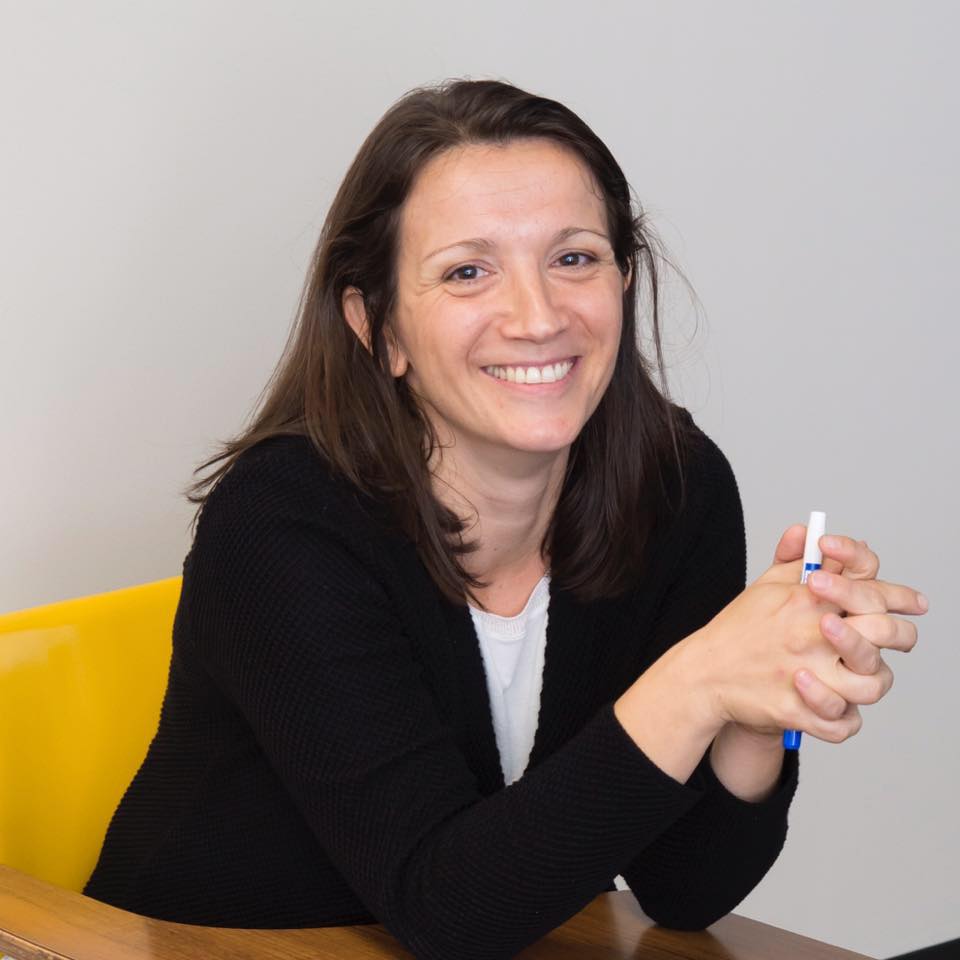
Paola Spoletini
University of Kennesaw
(USA)